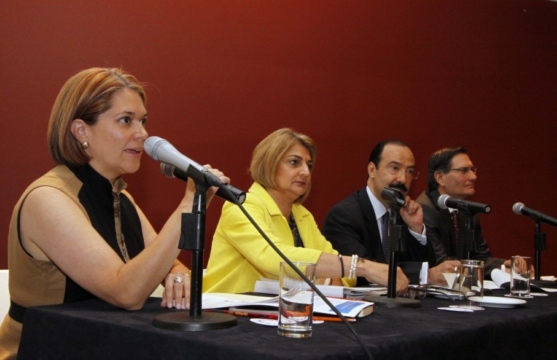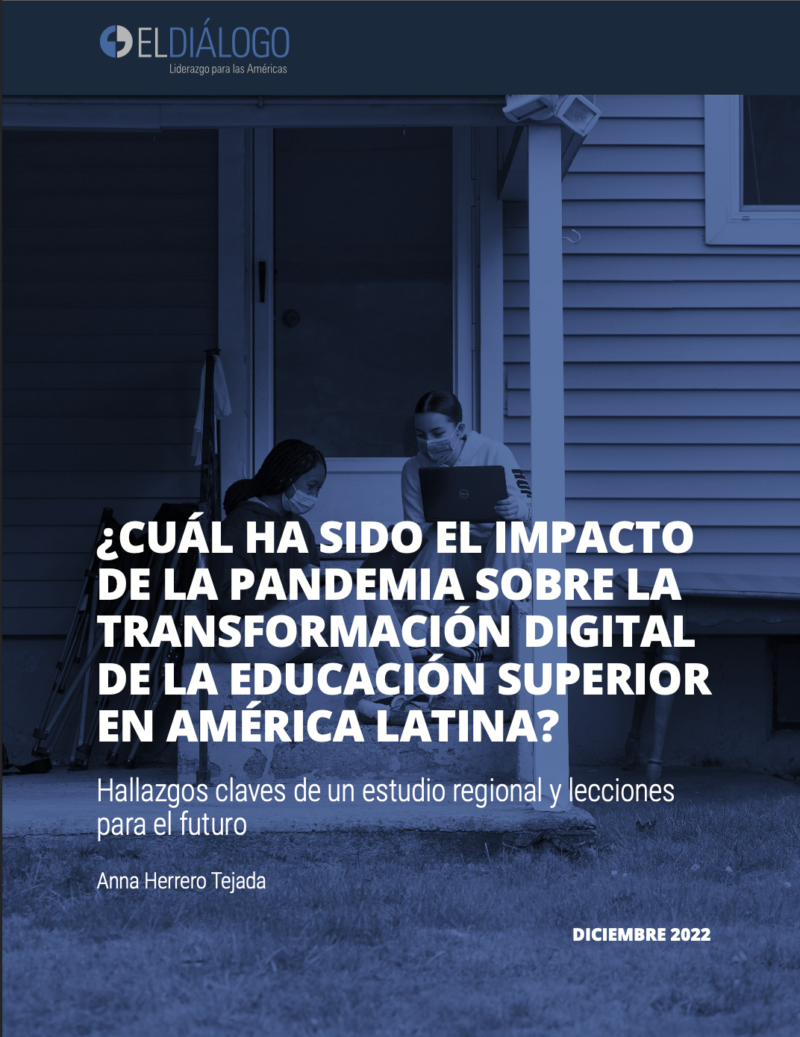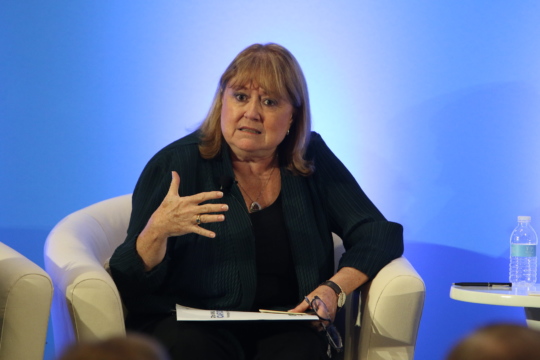
Mexico’s Energy Reform & the Skills Gap
Mexico has no shortage of skilled workers but needs to better align the qualifications of its graduates with the needs of the energy sector.
This post is also available in: Español
Compared to other sectors in the system, the higher education sector pioneered the adoption of remote learning models to respond to the new demands of the pandemic. In many contexts in Latin America and the Caribbean (LAC), higher education institutions (HEIs) already had long-term digital transformation strategies, with some level of virtual teaching and learning – in some cases incipient, in others very advanced – which arguably allowed them to respond to new service demands more efficiently.
The Inter-American Dialogue carried out a study with the objective of evaluating the impact of the pandemic on the digital strategies that HEIs in the region had already been developing. This report documents and analyzes the results of a regional survey applied to 178 HEIs, which was conducted in 2021 and 2022.
The survey focused on three areas of impact (which also structure the findings presented in this report): changes in the demand, offer, and permanence of (1) hybrid and/or virtual programs, (2) new careers, areas of study or key skills, as well as (3) the alliances that HEIs formed with other institutions or with the private sector to expand their services.
The report presents key messages that could inform future strategies for the digital transformation of higher education in LAC in each of the three areas:
Mexico has no shortage of skilled workers but needs to better align the qualifications of its graduates with the needs of the energy sector.
Online competency-based education (OCBE) has emerged as a viable option to help reduce the skills gap in the Americas
Susana Malcorra, former minister of foreign affairs for Argentina, has been appointed as the new dean of the IE School of Global & Public Affairs, as announced by the IE University in Spain.
 Featured Photo: Allison Shelley / EDUimages / CC0
Featured Photo: Allison Shelley / EDUimages / CC0

